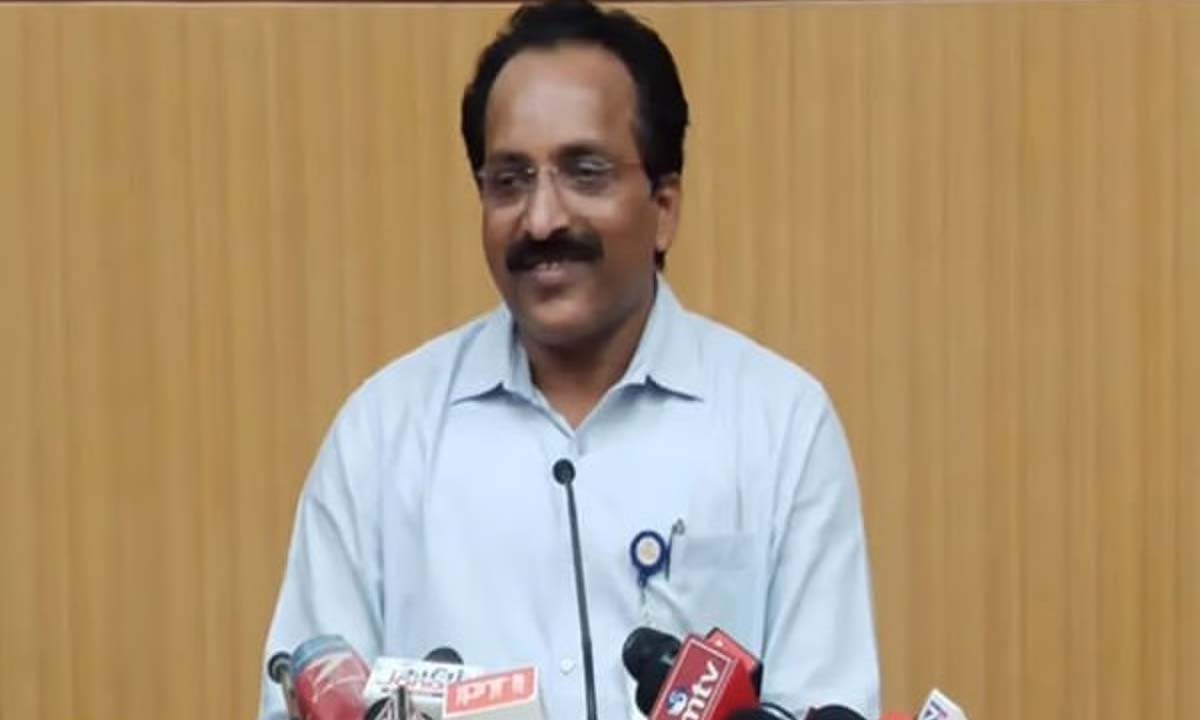SRIHARIKOTA: With the successful launch of the Earth Observation Satellite (EOS-08) by the Small Satellite Launch Vehicle (SSLV)-D3 on Friday, the Indian Space Research Organisation (ISRO) is now ready to transition the SSLV into commercial production.
Speaking to reporters at Sriharikota after the launch, Somanath said it would be the first time satellite launch vehicle technology is being transferred to the private sector in India. “We can now declare the process of SSLV development has been completed. We are in the process of transferring the SSLV technology to the industries,” Somanath stated.
This move is expected to enable Indian industries to build smaller rockets, enhancing their capabilities and contributing to the country’s growing space sector.
The SSLV, designed and developed by ISRO as a cost-effective solution for placing mini, micro, or nanosatellites weighing up to 500 kg into Low Earth Orbit. The SSLV is 34 meters tall and comprises three solid propulsion stages and a liquid terminal stage. This design offers significant advantages, including low-cost access to space, minimal launch infrastructure, and the flexibility for on-demand launches. It can be launch-ready within just three days of planning.
Somanath said this simplicity would enable Indian companies to take up production efficiently, marking a significant step in the country’s space technology ecosystem.
The journey of the SSLV has not been without challenges. The first launch in August 2022 was a near miss, prompting ISRO to make necessary corrections. The second flight in February 2023 was successful, and Friday’s third developmental flight further solidified the SSLV’s reliability. Somanath mentioned that the launch vehicle will now be realised by NewSpace India Ltd (NSIL), the commercial arm of ISRO.
